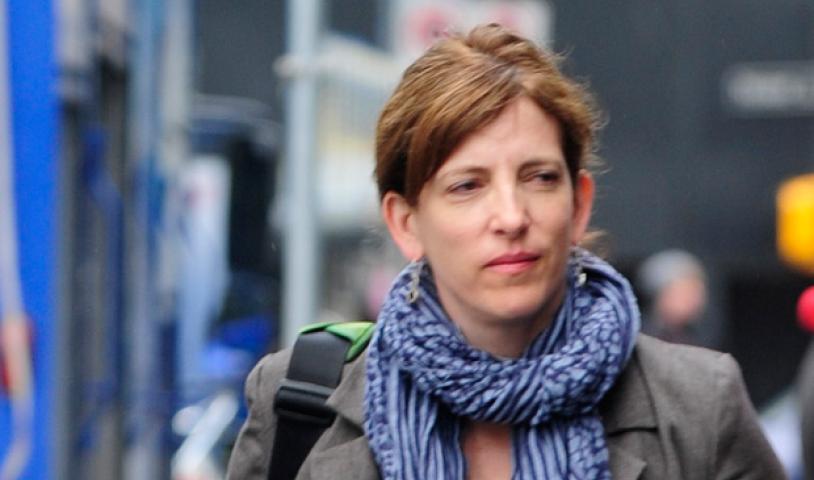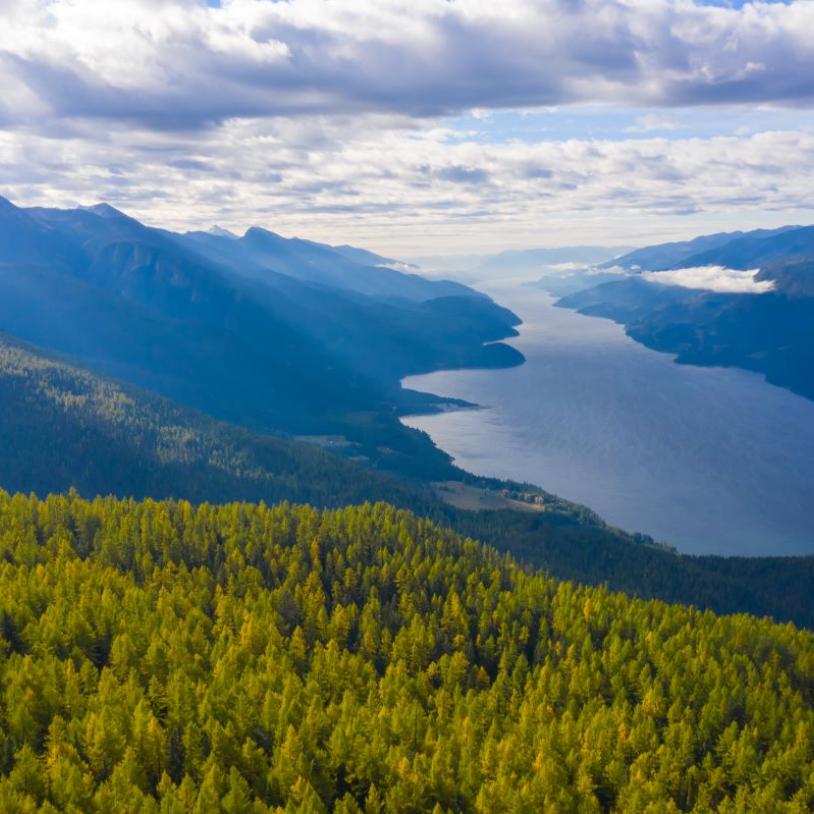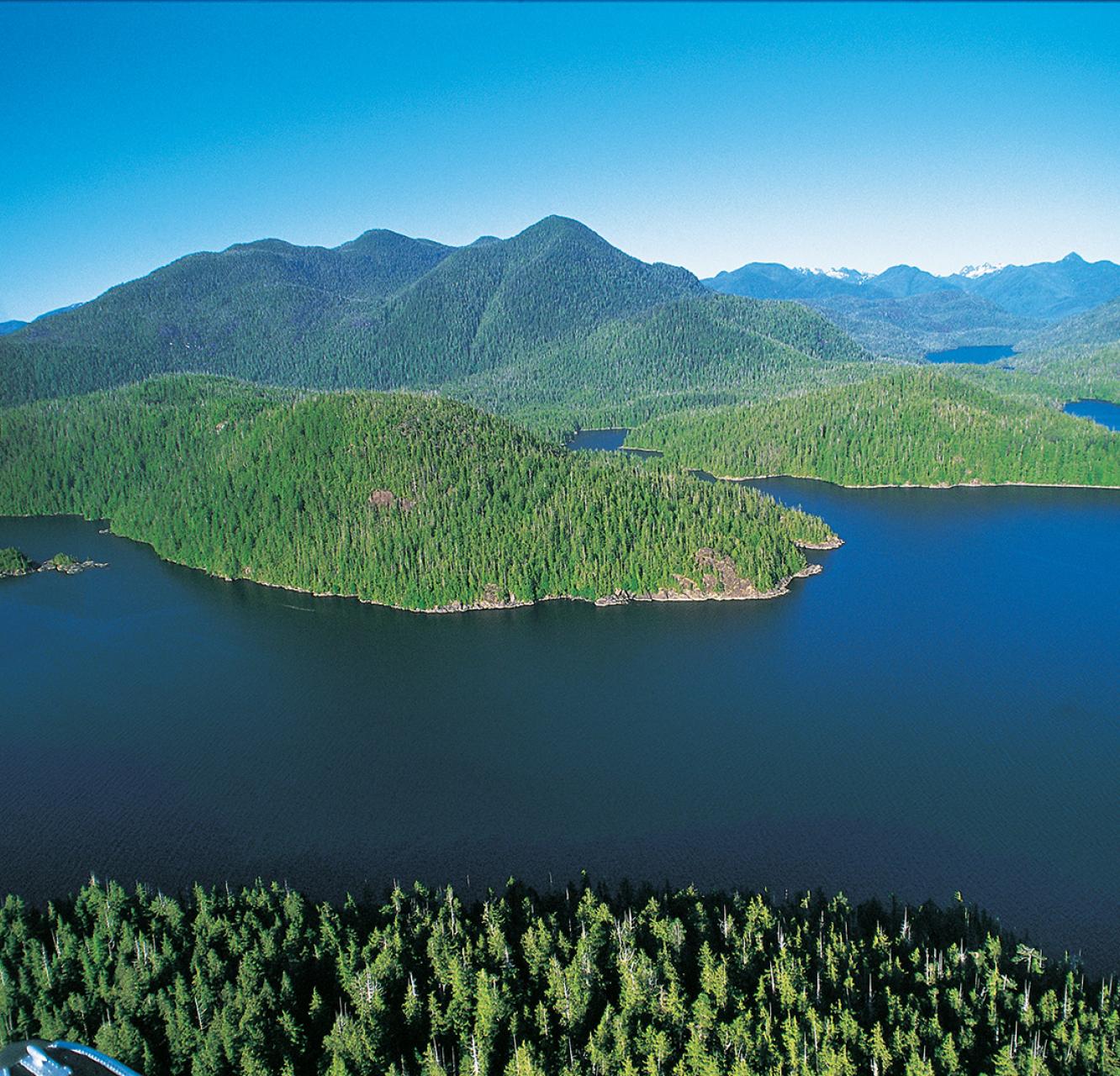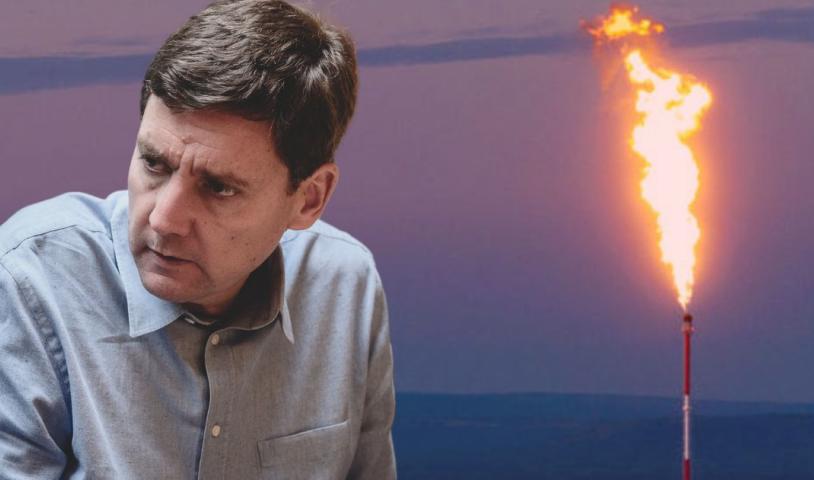Freedom of Information isn't free: Wilderness Committee billed $9,000
Friday, September 24, 2010
The Wilderness Committee says the cost of freedom of information is far from free.
Acting on a tip that park rangers couldn’t afford to gas up their vehicles, the Wilderness Committee — long a thorn in the B.C. government’s side — put in a Freedom of Information request for records about cuts to park ranger travel going back to May 2007.
The government’s cost of freedom — $9,000.
Wilderness Committee policy director Gwen Barlee was appalled.
“These are public records — it’s outrageous,” said Barlee. “I really, truly believe that by issuing a $9,000 bill, they expect that we’ll drop the request.
“The ability for the public to know if rangers have enough money to put gas in their vehicles should not be a state secret.
“Instead of open government, we’re seeing a culture of denial.”
Environment Minister Barry Penner said his information officers tried to work with the Wilderness Committee to streamline the request and reduce the bill, but instead got a harshly-worded press release.
“This appears to be more about Ms. Barlee getting a headline,” said Penner. “This would have required rangers to come out of the field.
“The first three hours of service are free — after that it’s $30 per hour and 25 cents a page.”
Penner said the original request — memos, emails and Post-It notes from three seasons — could have been scaled back at conisderable savings, but the Wilderness Committee declined.
Jim Burrows, acting executive director with the Officer of the Information and Privacy Commissioner, said compromise and negotiation can often reduce the bill while getting the needed information.
“It has to be working in good faith between the two of them,” said Burrows. “Both sides need some understanding of the other side’s position.”
Burrows said a review by the commissioner’s office found that information requests from the media and environmental groups were subject to delays and fees.
Burrows said seeking out electronic records is one way to reduce costs, but fundamentally the two sides have to work together.“If there’s not a good relationship, they’re hard to rebuild.”
Freedom-of-information expert and former Province reporter Ann Rees said delays and bills are preventing information from getting out.
“Delays are a chronic problem that’s getting worse,” said Rees, a journalism instructor now completing her PHD on the public right of access to government information. “Nine thousand dollars would seem to be a fee designed to deter anyone from accessing the information.”
Photograph by: Nick Procaylo, PNG
2010 file photo of Gwen Barlee, policy director of the Wilderness Committee. She says it's 'outrageous' that the government wants to bill her organization $9,000 to find documents going back to 2007 related to the question of whether park rangers have been able to afford gas for their vehicles.





